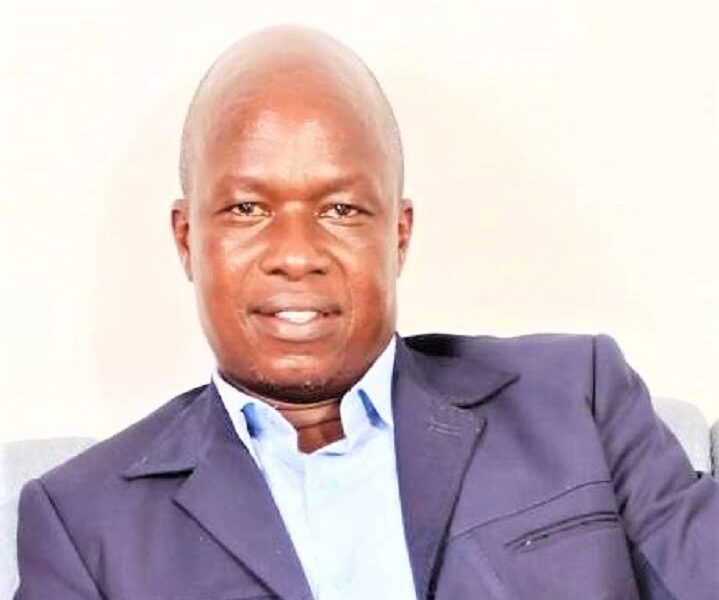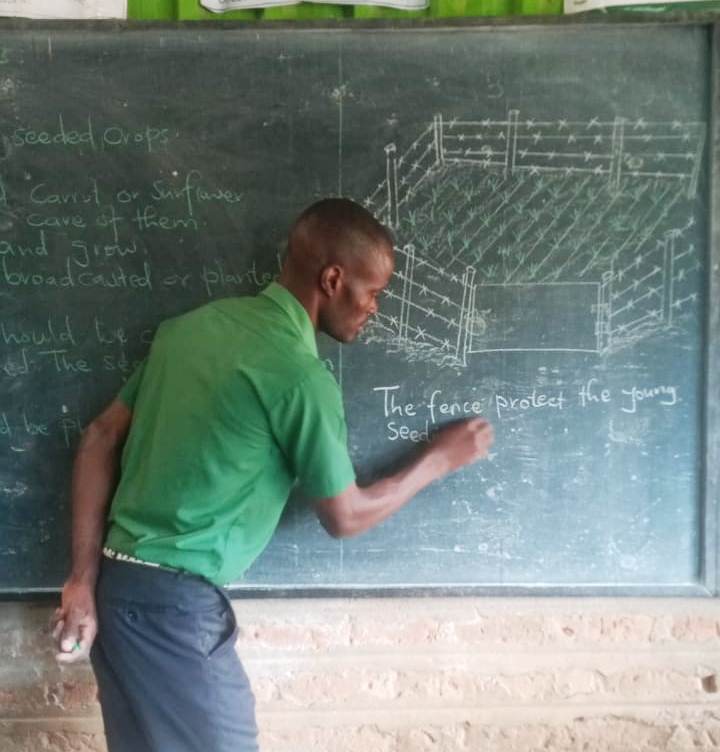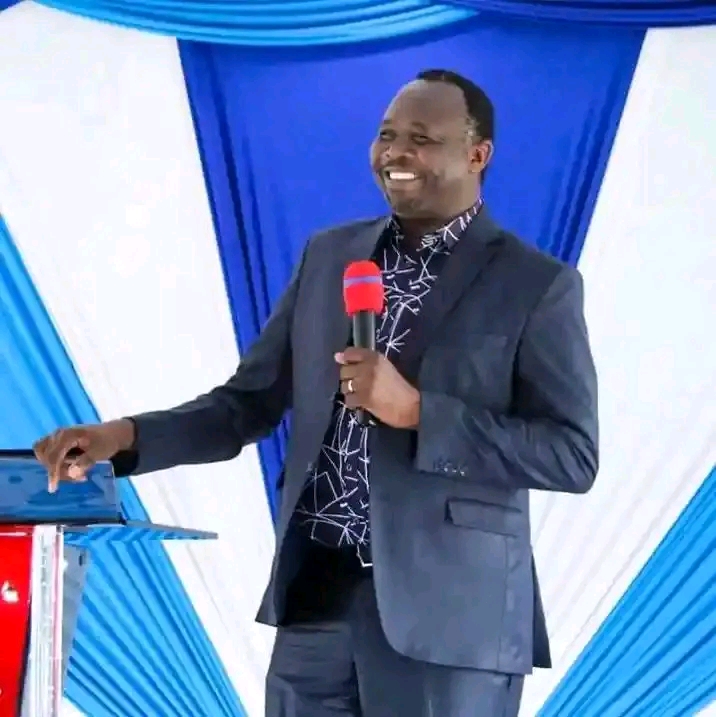The centenary celebration of Technical Vocational Education and Training institutions (TVETs) will hold today at Nyeri Polytechnic grounds starting 9am.
The Chief Guest President Dr William Samoei Ruto will launch the celebrations dubbed ‘TVET@100 Torch and Flame.’
This year marks exactly 100 years since Native Industrial Training Depot (current Kabete National Polytechnic) was established in July 1924.
The TVET torch will mark the beginning of celebration that will witness it being passed through Mount Kenya region, Rift valley, Western, Coast and Nairobi region. The torch will be passed through TVET institutions and industries.
The climax of this celebration will take place at The Kabete National Polytechnic July 31, 2024.
The centenary torch is a symbol of tremendous success that the nation has attained through TVET.
During this centenary TVET celebration, the greatest gift we can give to education sector is by ensuring that all those eligible to join TVET institutions are admitted in a nearby TVET institution for May 2024 intake.
Recognition of prior Learning (RPL) is also opening a new pathway to those who already have skills.
Kericho Township Technical and Vocational College (TVC) is targeting enrollment of 2000 trainees to our Curriculum Development, Assessment and Certification Council (CDACC) examined programmes for May 2024 intake.
Kericho Township TVC is proud to be associated with the TVET @100 celebrations.
Did you know that Native Industrial Training Depot (currently The Kabete National Polytechnic) was established in July 1924? Below is an overview.
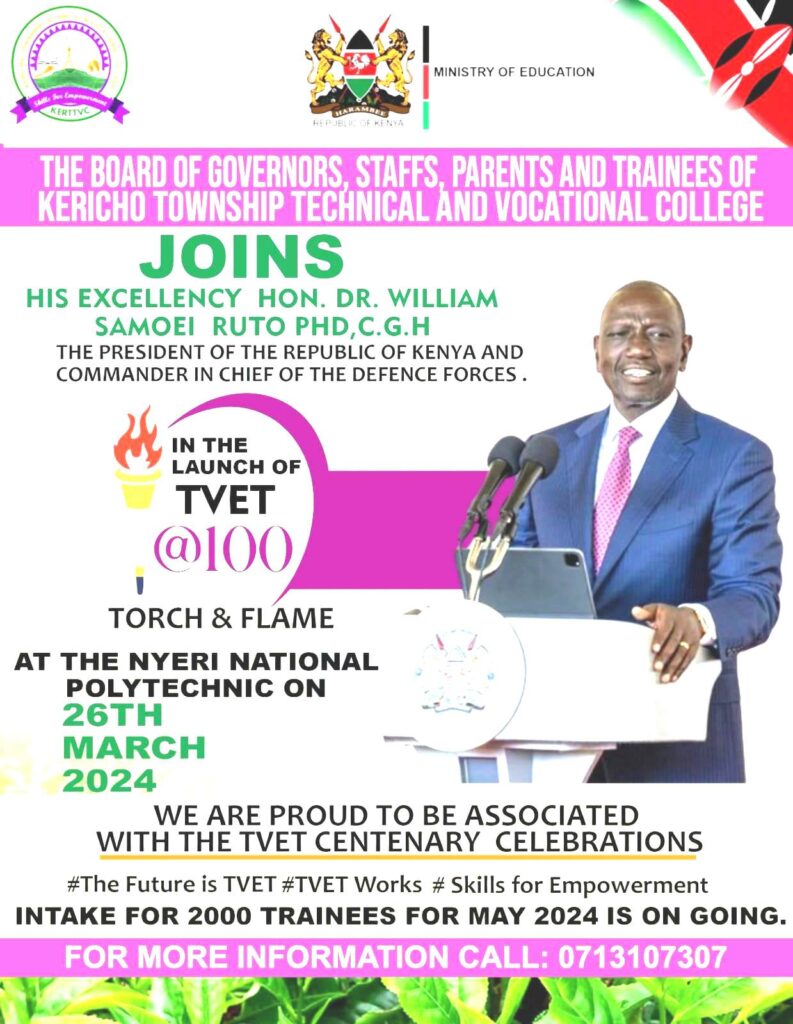
TVET in Kenya traces its roots to two philanthropic sisters Olivia and Caroline Phelps-Stoke who coined the idea of educating the Negros (black people) in Africa, United States and Near East. It was in 1911 that they established The Phelps-Stokes Fund for this purpose.
Caroline had to bequeath her estate for establishment of Phelps-Stoke Fund. After her death in 1909, Olivia succeeded with the education dream for the underprivileged- the Negro.
Tuskegee Institute in Alabama, Hampton Institute in Virginia, Calhoun School Alabama and Berea College Kentucky were used to train African American students.
Hampton Institute was then described as one of the most successful institute for Negro education in the world.
Meanwhile, education for Africans in Kenya was in the hands of missionaries at the beginning of 20th century. Education was racially segregated with different schools and curricula for Africans, Europeans, Indians and Arabs (Muslims).
In 1923, The Colonial Secretary Victor Cavendish, 9th Duke of Devonshire, published a paper popularly referred as Devonshire White Paper. This was in regards to raising solutions to racial conflicts between the Settlers and indigenous community in the Kenya colony. The paper provided room need for vocational training to Africans.
Following the publication of the Devonshire White Paper in 1923, the colonial government invited the Phelps-Stoke Fund to undertake a study of the education system in Kenya. The Fund produced a report titled “Education in East Africa” in 1924.
READ ALSO:
1,102 youth in arid zones gain vocational skills to quit cattle theft
The report invoked the Jeanes idea, which was based on the view that Africans were mainly rurally oriented and agriculturally based people. The most far-reaching recommendation was centered on the teaching of industrial education and agriculture as the core basis of colonial African education.
The recommendations of the Phelps-Stoke Commission resonated well with settlers as they saw a ready supply of semi-skilled labour coming out of the proposed vocational schools.
One of the first products of the Phelp-Stokes Commission was the Native Industrial Training Depot (NITD), established in 1924 at Kabete and fully funded by the colonial government.
NITD absorbed demobilised soldiers from the First World War. It imparted them with practical skills for survival.
The construction of Kenya Uganda railway attracted Indian traders and labourers some of them were instrumental in training of artisans and craftsmen at NITD.
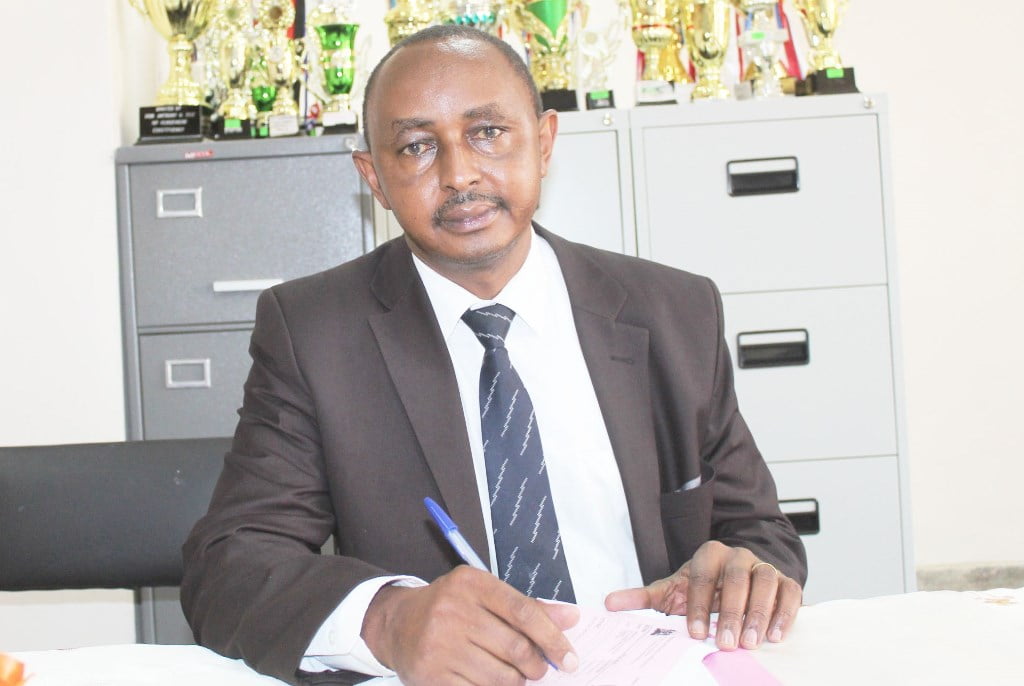
Later when Kenya attained independence, it was converted to a National Technical Secondary known as Kabete Technical High School which admitted Form One students who emerged as best performers in the Certificate of Primary Examination (CPE) series.
It also admitted Form 3 students from what used to be referred to as Grammar Secondary School, to pursue trade areas such as electrical, plumbing, and mechanical as a gateway to joining technical colleges.
With the change in Education System in 1985, from 7-4-2-3 to 8-4-4 system, the National Technical Secondary Schools were converted to Technical Training Institutes.
Therefore, Kabete Technical High changed its name to Kabete Technical Training Institute and was mandated to train Artisan, Trade Test, Certificate and Diploma programmes such as Electrical and Electronics, Carpentry and Joinery, Civil Engineering and Business Courses for the Standard Eight and Form Four leavers of the 8-4-4 system of Education.
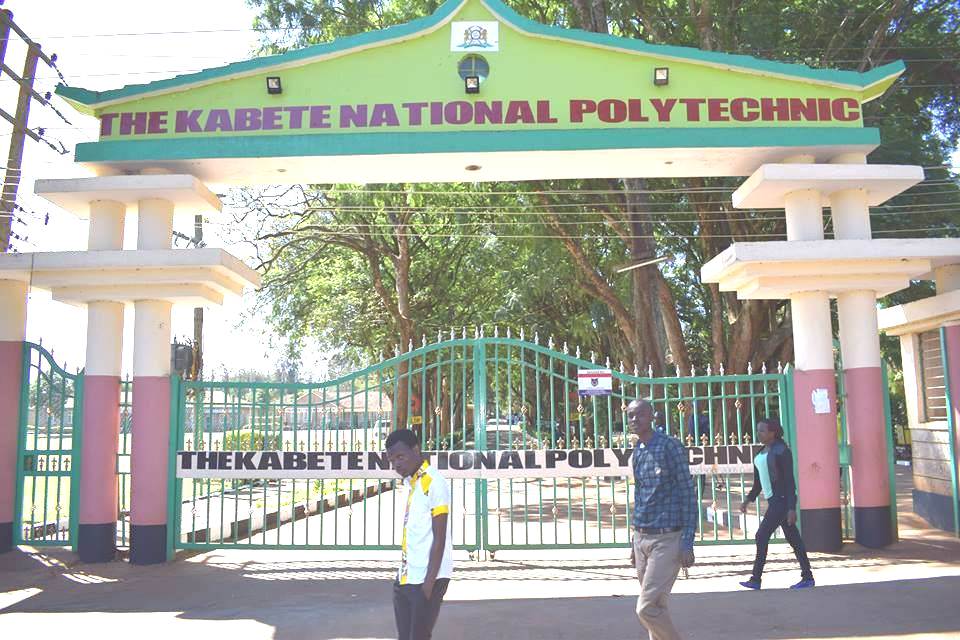
The aim of the institution was toinstill skills to the trainees that would enable them to be either self-employed or join salaried employed in public and private sector as skilled technical personnel.
The institution situated in Waiyaki Way Kiambu County is ISO 9001:2015 Certified and is committed to work with stakeholders to provide facilities for technological, professional and scientific education for the industrial development.
It is the first TVET institution to export engineering spare parts made in the college to the International market including China after winning The Africa Tec Challenge (AFRITECH) sponsored by China.
By Mr. Shadrack. K. Tonui
Principal Kericho Township TVC and also National Secretary General -KATTI.
Additional reporting from www.kabetepoly.ac.ke
Get more stories from our website: Education News
To write to us or offer feedback, you can reach us at: editor@educationnews.co.ke
You can also follow our social media pages on Twitter: Education News KE and Facebook: Education News Newspaper for timely updates.
>>> Click here to stay up-to-date with trending regional stories


